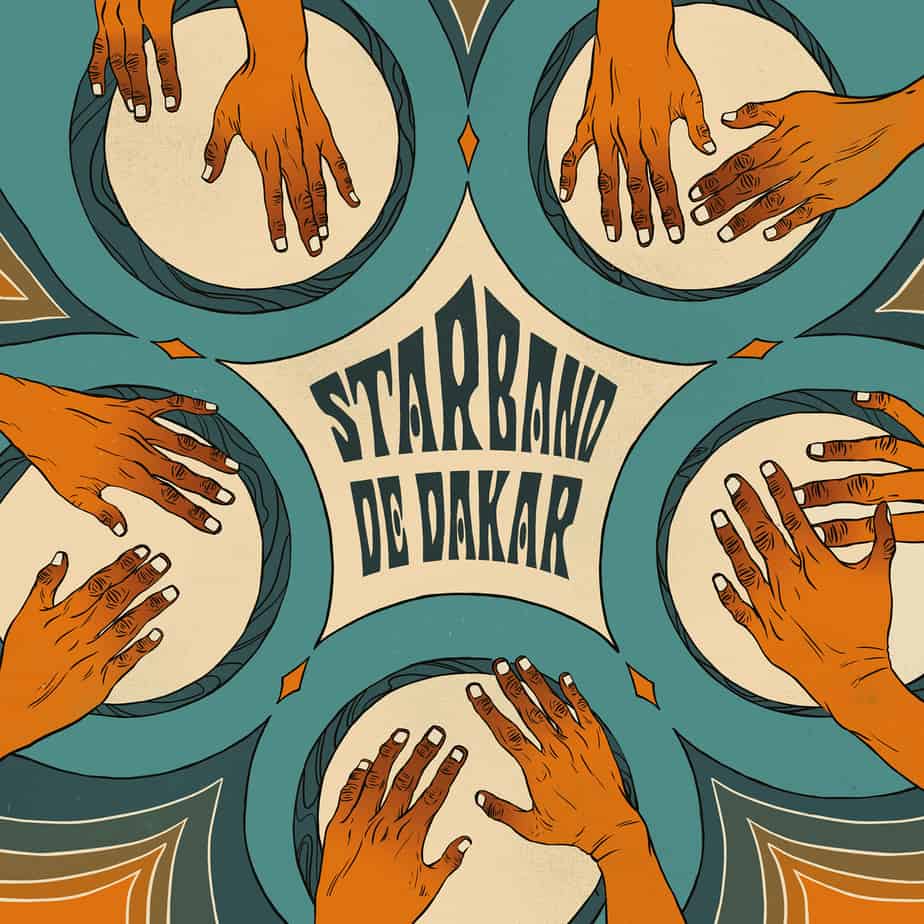Tanzania Albinism Collective
It is a sad and tragic fact that people living with Albinism (a genetic condition resulting in little or no pigmentation in the skin, hair and eyes) in East Africa are hunted and persecuted, based on the belief that their body parts can transmit magical powers & that they are in some way “demonic.” As a result, they have been killed and dismembered, and they live in constant fear.
In 2016, producer Ian Brennan traveled to Ukerewe, the largest inland island in Africa, which can only be reached by an overpacked four-hour ferry ride. It is a place so remote that historically people often traveled there to abandon their children with albinism and now serves as a haven for many with the condition.
There, he worked with members of the Standing Voice community, who volunteered for songwriting workshops. Brennan encouraged them to write about their experiences and to express what they wanted others to understand about their existence. Even among the willing, singing-out proved hard.
Once the music started flowing, not surprisingly, themes of loneliness emerged in the work. As with Brennan’s Zomba Prison Project releases, the Tanzanian Albinism Collective offers a glimpse into music that comes from the heart and soul of a group of people, who up until now have been almost completely under represented and “unheard.” The resulting album is in turns beautiful, emotional, harrowing, fascinating and most importantly, completely “human.”
Those with Albinism in East Africa are often referred to as “White” by their oppressors, prompting the members of the Albinism Collective to take control of that message in an empowering, rather than denigrating way, hence the album title “White African Power.”Commenting on the title, producer Brennan states: “As one of the most persecuted groups on the planet, when a member of the albinism community in Tanzania asserts his “power,” it should not be denied. And, if anyone has earned the right for the use of irony, it is those that have suffered such atrocities and ostracism from birth, yet still manage to endure.”




